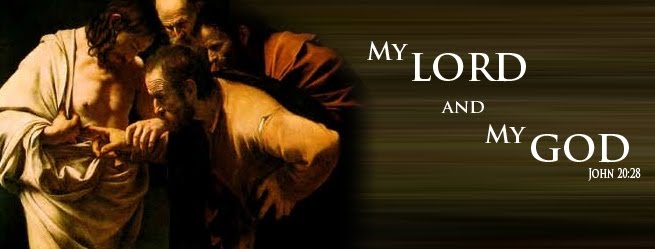


The teachings and the practices of the Orthodox Church are to be found in the Scriptures and Sacred Apostolic Tradition, which have been handed down to the Church of Christ in the Revelation of God. These sacred Sources are essential not only for correct teaching and worship, but also, especially, as Sources of the fulfilment of God’s promises and covenants in the Person, Christ! The Father, out of love and compassion, sent Christ to save mankind to remain forever in the Church, which He founded. It is imperative for all Christians to understand the content of these sacred Sources in order to strengthen their faith in God and to accept Jesus Christ as the only Redeemer by Whom and in Whom, man’s personal salvation is wrought. The fundamental truth of the Orthodox Church is the faith revealed in the True God: the Holy Trinity of the Father, the Son, and the Holy Spirit. The doctrine of the Holy Trinity is in reality the declaration of the Christian faith. The Eucharist is at the heart of the Orthodox experience and worship and is celebrated in the service of the Divine Liturgy. The most characteristic aspect of Orthodox Christianity is its worship. Though rich in tradition of doctrine, morality, canon law, social concern, personal faith, and monasticism, to name only a few of its objects, the core of Orthodox Christian life is to be found in its worship. Worship is central to the life of the Church because it is the place where the most important relationship for human life occurs: the relationship with God. Worship includes the chief means by which God has revealed Himself to humanity through Scripture and the living Tradition of the Faith. No worship service in the Orthodox Church is without the use of the Bible. Furthermore, worship brings all of life into the life of the Kingdom of God.
The Orthodox Church orders its worship so that time is sanctified, as are all aspects of human life. For example, when Orthodox Christians buy a new home or open a new business, it is customary for the priest to bless it with sanctified water. Worship also makes alive and present for the believer all of the mighty acts of salvation history. Most feasts are presented in worship services as occurring now, “today.” The chief example of this is Holy Week, which serves to help the faithful relive the events of Christ’s death and resurrection. The seven sacraments affirm God’s presence and action in the important events of the Orthodox Christian’s life. Baptism introduces the believer into the life of the Kingdom. Holy anointing or Christening grants the gift of the Holy Spirit for growth in the image and likeness of God. The Eucharist realizes the Kingdom of God which is celebrated everywhere, and unites the communicant with the very body and blood of the Lord. The sacrament of Penance serves to grant and assure the penitent Christian of God’s forgiveness. Marriage unites a man and a woman, incorporating the natural union into the life of the Kingdom, “in the Lord.” Ordination sets aside a small number of believers for special service to the altar. Unction mediates healing and forgiving grace to believers. It is around these worship experiences that the Orthodox Christian revolves his or her Christian life. Hence worship cannot be other than central to the life of the Church. The Nicene-Constantinopolitan Creed summarizes the doctrinal truths to which the faithful adhere, and is recited at each Divine Liturgy and other services.